The online American right is positively obsessed with the nineties. It’s easy to establish the cause here: a surfeit of Gen X and early millennial users, many of whom are fresh converts from within the last decade. Social-media posts by conservative users depicting America’s cities, beaches, and nightclubs from this era regularly achieve staggering virality. The memorialization of these things is justified by presenting them, perhaps not wrongly, as evidence of the cultural homogeneity that America has lost in the past quarter century.
There is one tendency among these that I find particularly troubling – lamenting the death of American network television. In right-wing social-media spheres, the minutiae of nineties “TV life” is often waxed nostalgically about: next-day classroom discussions of plot twists and turns, phoning a friend to watch a program unfold live. Eulogies are given for a world wherein thousands would crowd into Times Square to watch the conclusion of Seinfeld. To those looking back, all of this reinforces the idea that the Americans of yesteryear were on the same page in a way they aren’t today. When viewed this way, the age of TV can seem like a gentler one.
For all the sentimentality, it’s impossible to ignore the myriad ways in which television was used to lie to the then less-skeptical American public. As someone who’s young enough to have not been properly reared by television, my understanding of it amounts to the medium whereby professional race hustlers like Al Sharpton stoked tensions, where Pat Buchanan was unfairly cast as an anti-Semite and enabler of militias, and where the ridiculous foreign wars of the new millennium were pitched to the American public. Indeed, if the contemporary right’s dovishness is something to be cherished, nostalgia for the information environment that helped engineer the War on Terror makes little sense.
2020 and the early Biden presidency can be seen as the ungraceful swan song of the 20th century television world
This pining for the age of television betrays a misunderstanding of Trump, his rise, and the movement he represents. The GOP’s reorientation around the electorate’s wishes from 2016-24 is impossible to conceive of without the death of television and its usurpation by the internet. Trump’s resonance – which television apparatchiks fought tooth and nail to suppress – is a function of his ability to sidestep network constraints, those which were used for decades to box the right into playing the neoconservative foil the left knew how to battle.
What distinguished Trump’s 2016 campaign from those of his Republican adversaries was his articulation of voters’ concerns over border security. Without the internet enabling discussion of this issue beyond the discourse boundaries traditionally set by television, bipartisan condemnations of Trump’s “racist rhetoric” would have been a lot stickier. One need only examine the aforementioned Buchanan’s abortive presidential campaigns during that much yearned-for television age to see just how deleterious an effect the medium had on American politics.
At first, the establishment was caught flat-footed by the internet. After being blindsided by Trump’s 2016 victory, it took analysts his entire term to recognize the seminal role that alternative media played in his victory – something that COVID and the associated increase in conservative institutional distrust served to underline.
In this light, the hypocrisy, lies and injustices of 2020 and the early Biden presidency can be seen as the ungraceful swan song of the 20th century television world. The concealing of the unmistakably violent nature of the Black Lives Matter riots, the spinning of narratives suggesting that anti-vaxers (a slur by any reasonable definition) were responsible for the deaths of thousands of Americans, and, of course, the brazen censorship of those with concerns about the integrity of the 2020 presidential election; never before and never since was the manipulation more apparent – and hopefully, given television’s continued decline, it never will be again.
President Trump’s persistence through that brief but intense dark age is a testament to how impotent it all was. Had January 6th occurred twenty-five years ago, it’s unlikely that the media-manufactured narrative of a violent putsch to establish a dictatorship would have been meaningfully contested. After years of baying for reprisals, vilifying those involved as un-American terrorists, and canonizing January 6th as the newest installment in America’s long series of historical black spots to be overcome, few bit. Nobody really ended up caring, and recent attempts to condemn the President as having spared terrorists their rightful fate are entertained only by those poor souls whose eyes and ears are still in thrall to what remains of network television. America is better for having largely abandoned television, and the results speak for themselves.



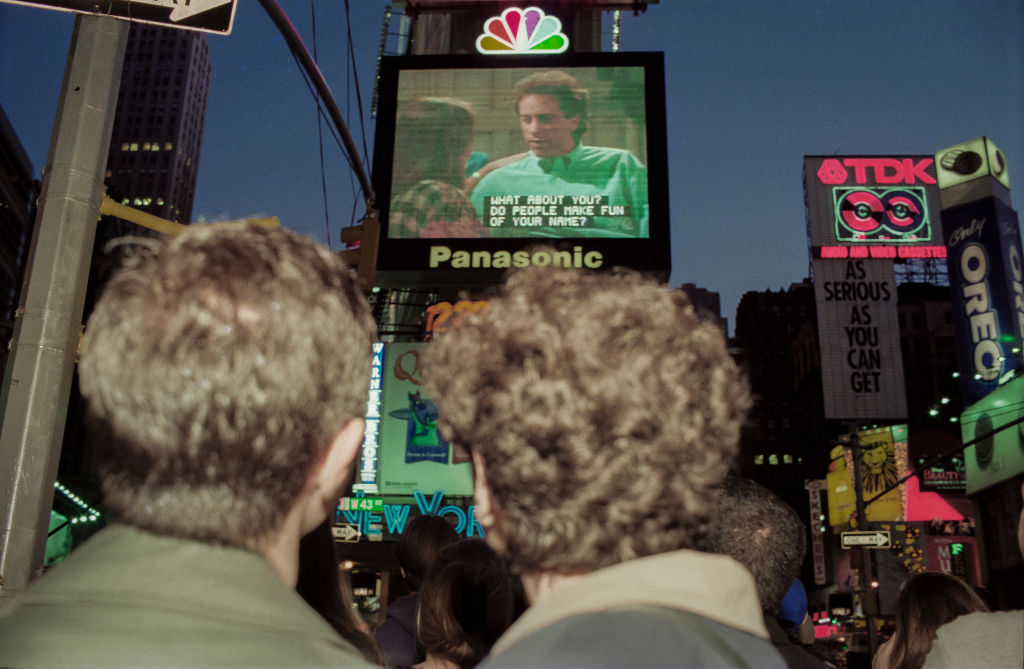







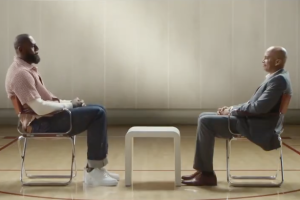
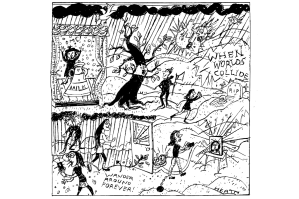

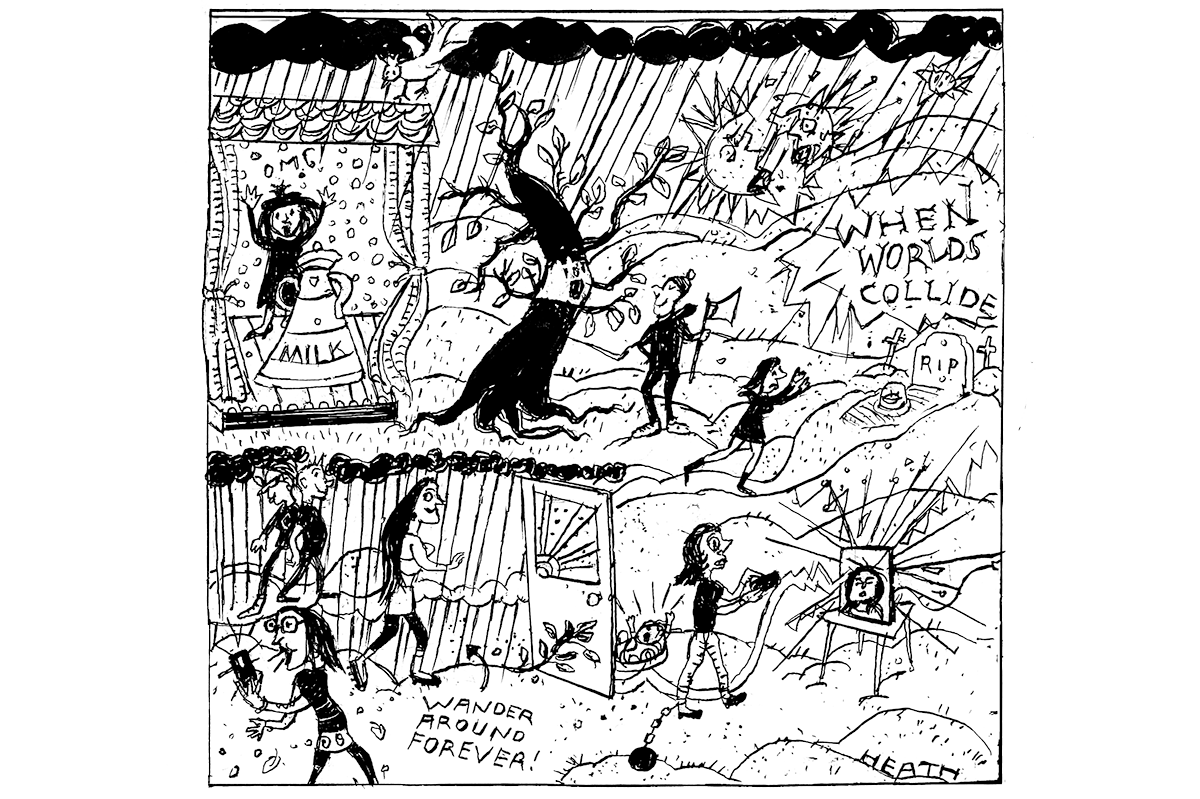
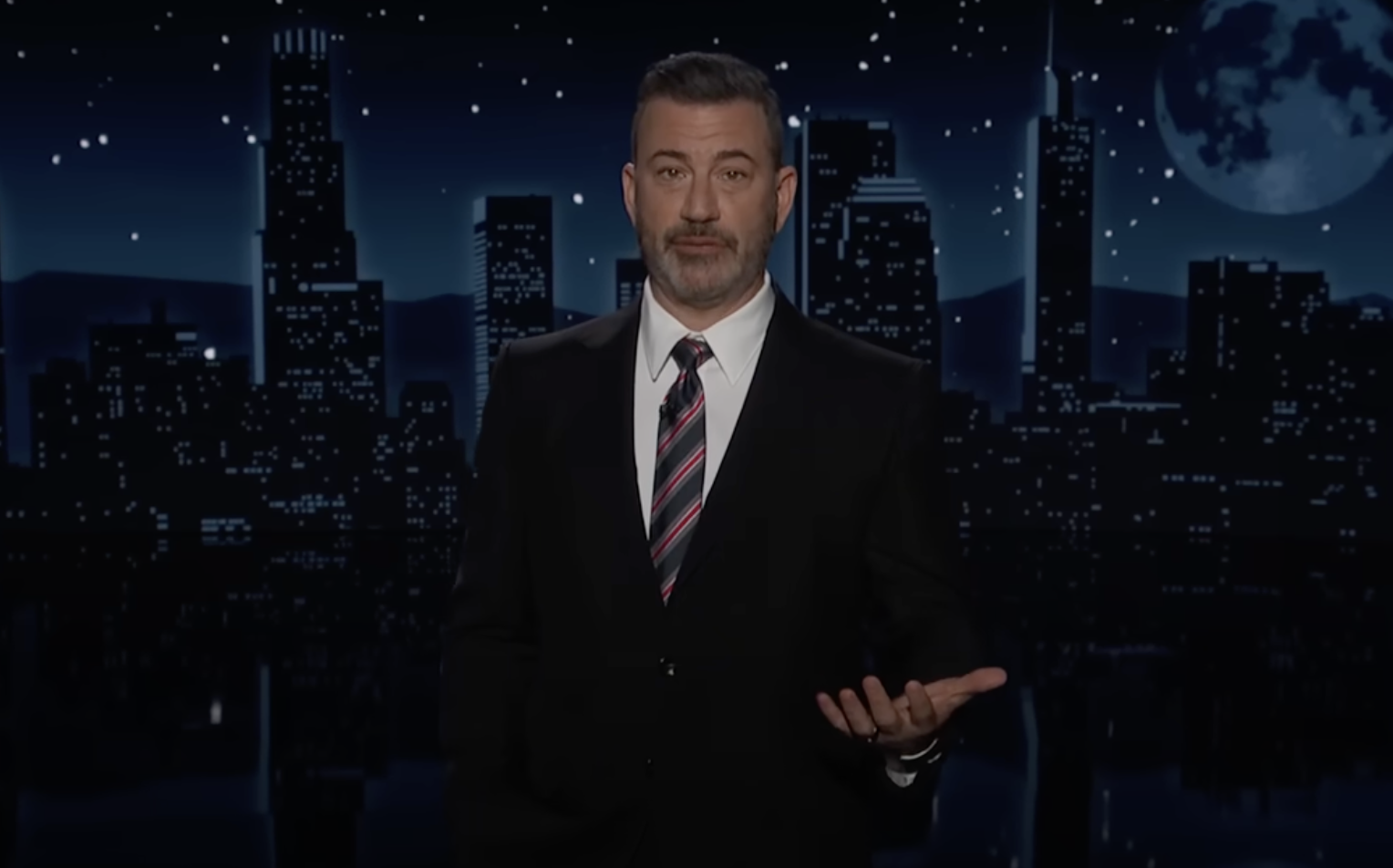
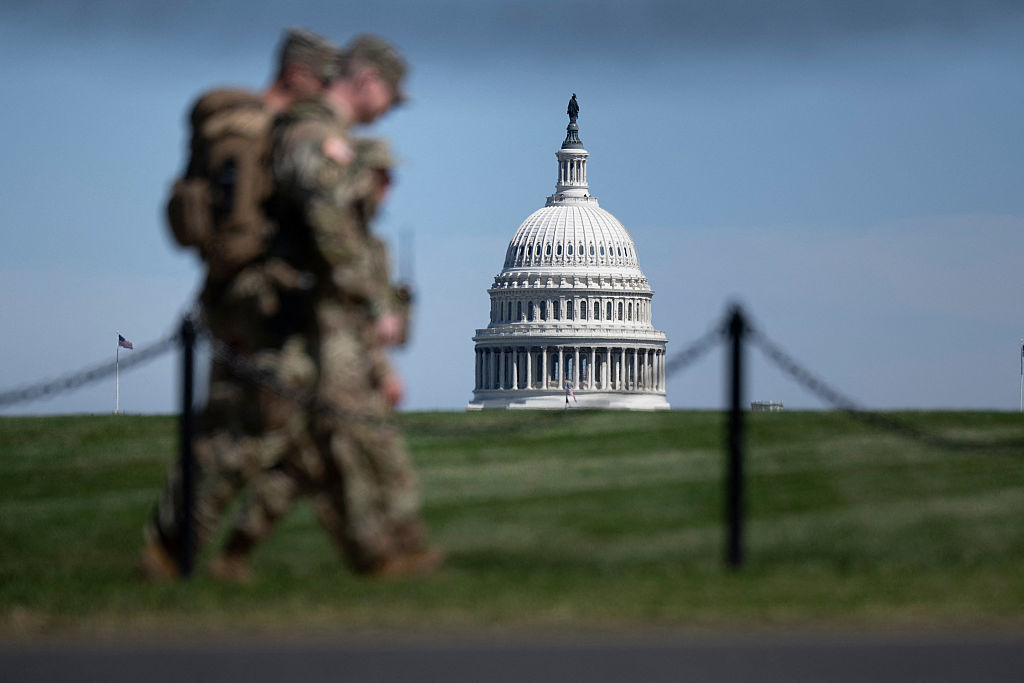

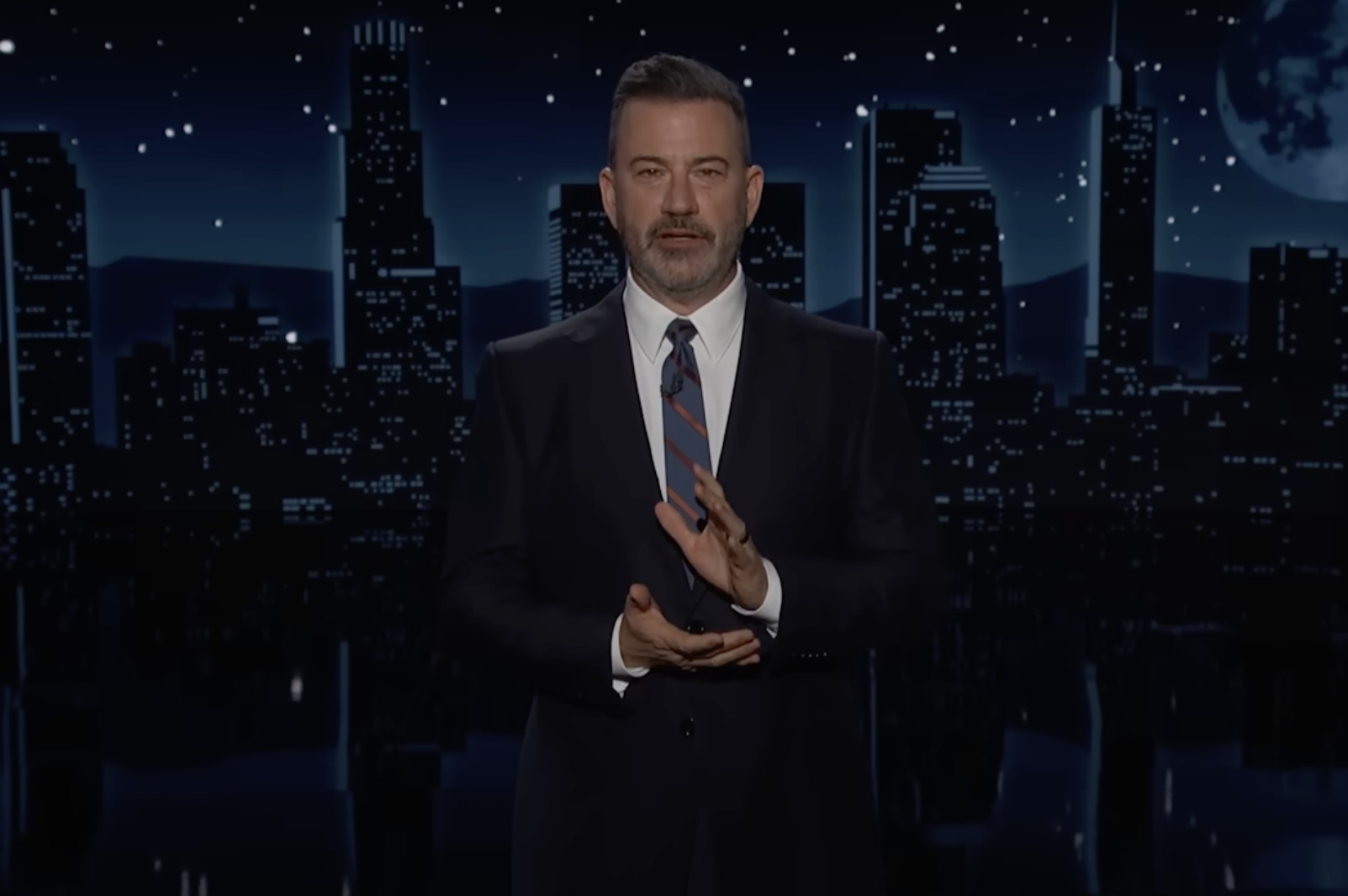







Leave a Reply